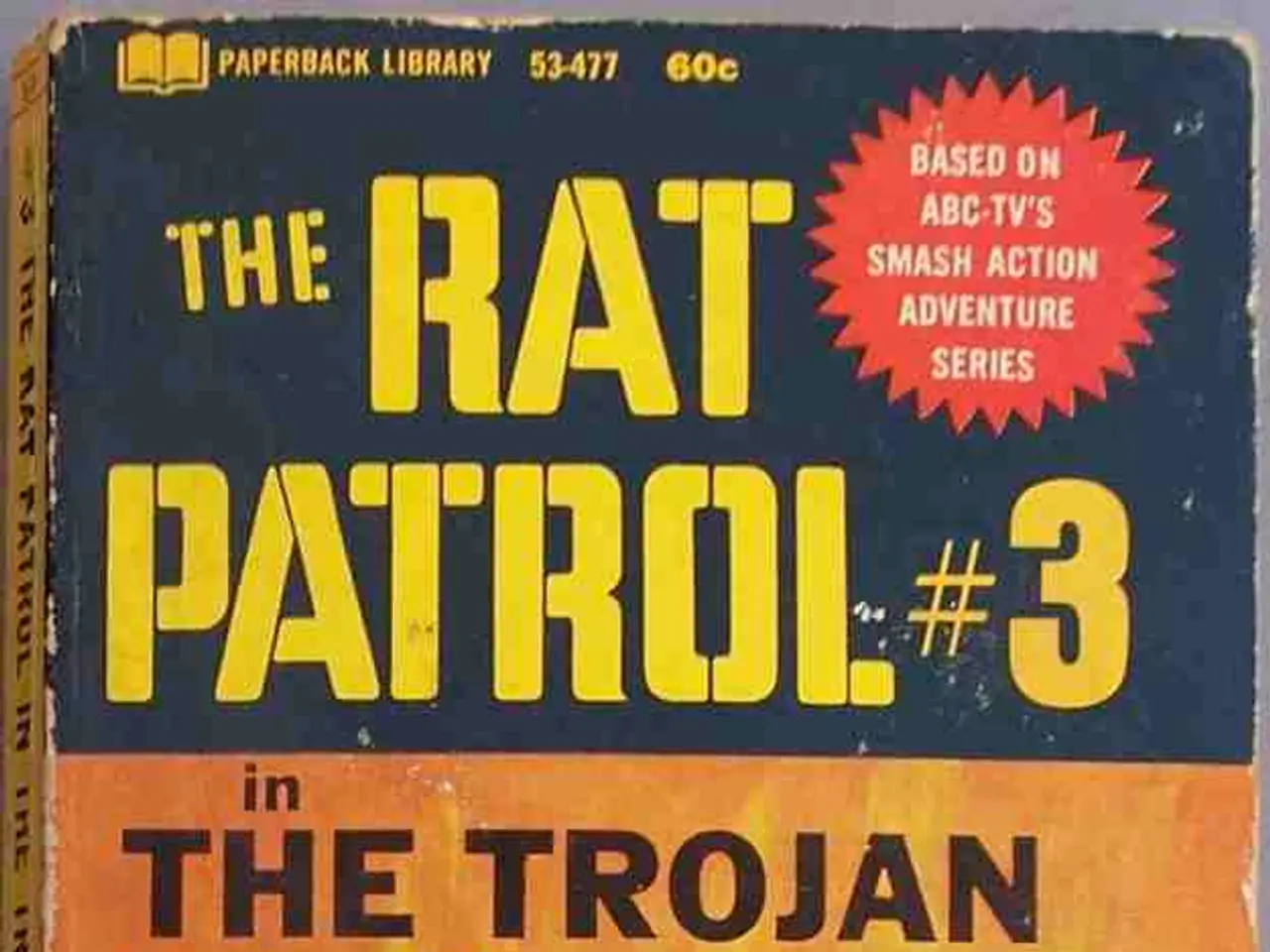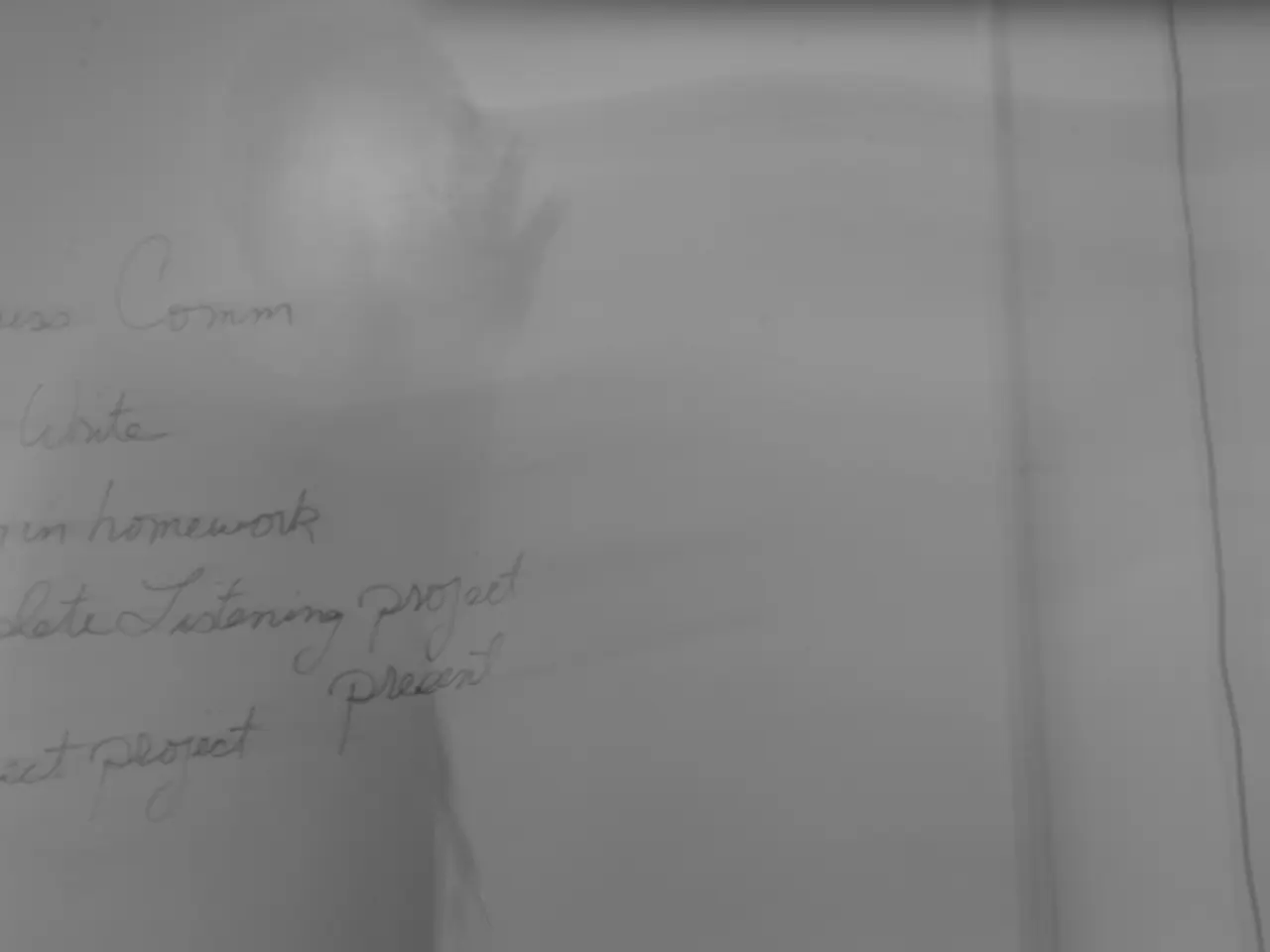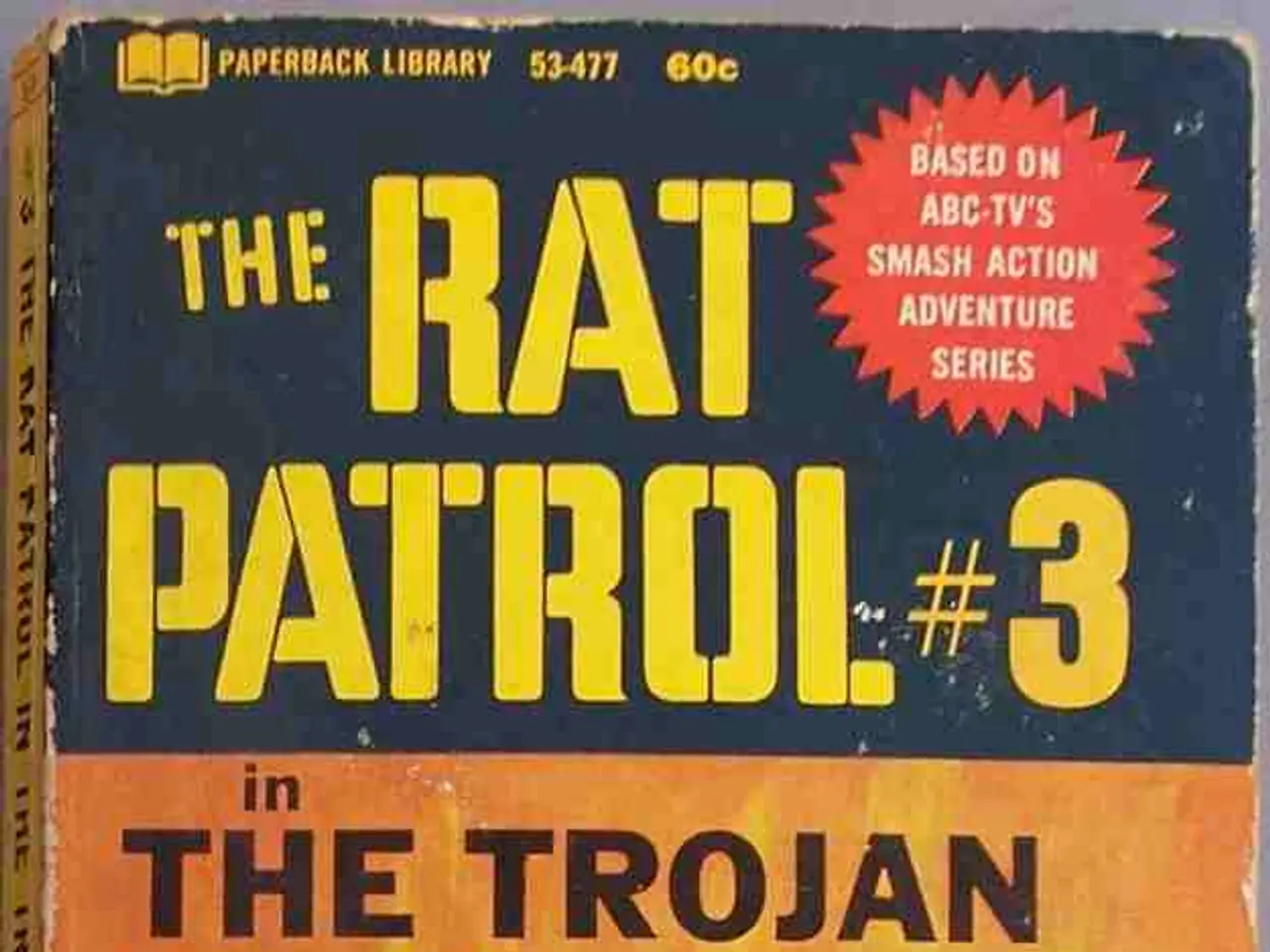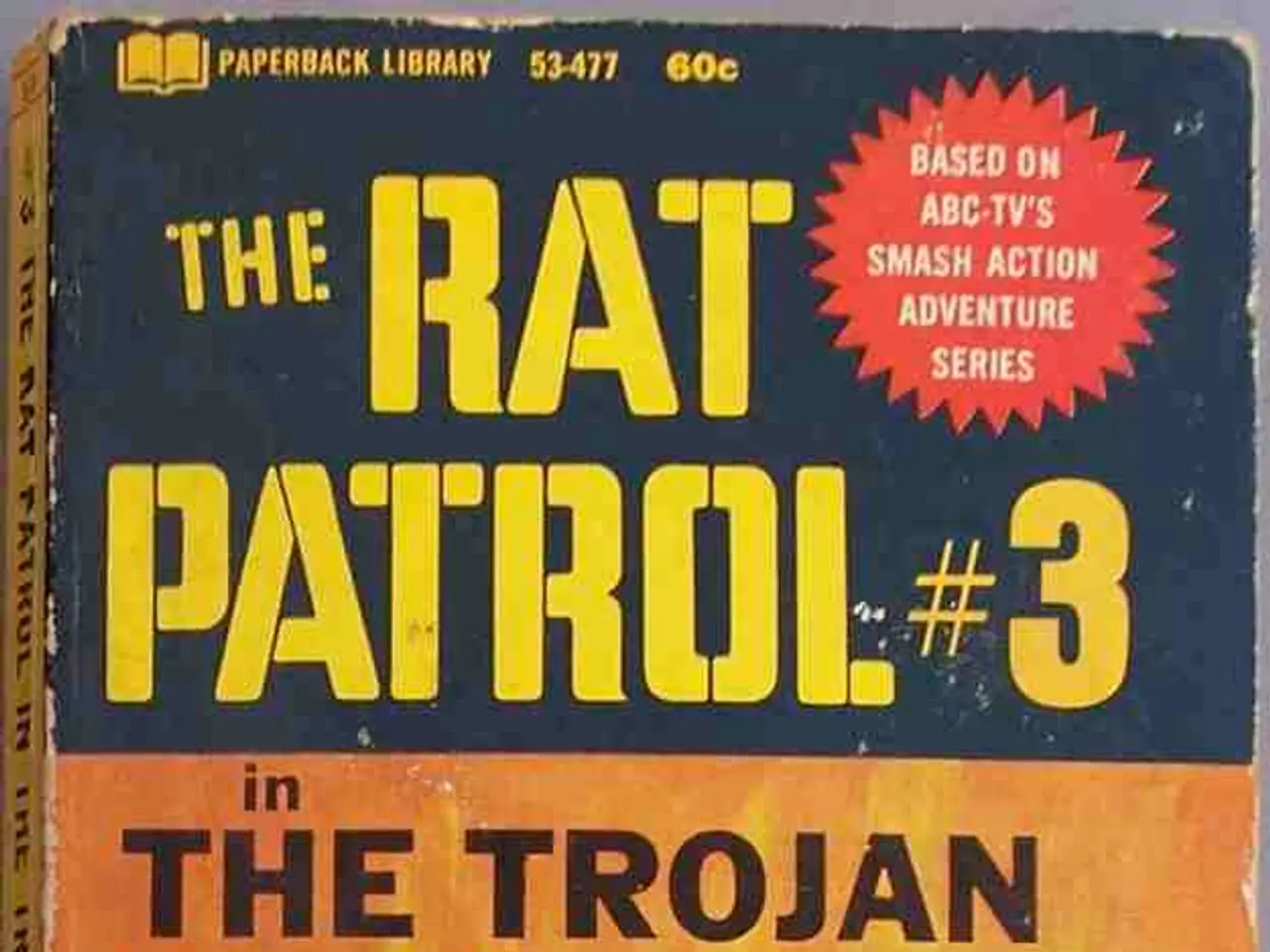Sky Thunder Echoes Across Realms, Emphasizing Jupiter's Dominance
In recent developments, the ongoing tensions between the United States and Russia have reached a critical point, with both nations engaging in heated rhetoric and military deployments that raise the spectre of nuclear conflict.
Russian President Vladimir Putin has issued a chilling warning, stating that Russia's nuclear policy has changed in response to US/NATO/Ukraine's attacks inside Russia. This statement comes amidst accusations that the US government is provoking nuclear war by waging wars against Russia via Ukraine and supporting Israeli Middle East conflicts.
The Kremlin, in response, has emphasized the catastrophic consequences of a nuclear war, urging caution regarding nuclear rhetoric. Dmitry Peskov, Kremlin spokesman, stated that while Russia does not currently perceive an ongoing nuclear escalation, it considers this a highly sensitive issue.
Experts and analysts warn that these developments increase the likelihood of unintended escalation. The increased use and deployment of long-range missile-capable nuclear submarines elevate risks, as both sides maintain high alert levels for strategic weapons. The interplay of stern ultimatums, military posturing, and sanctions heightens tensions towards a dangerous brinkmanship scenario.
U.S. President Donald Trump's announcement of the repositioning of two U.S. nuclear submarines to signal readiness to strike Russia has further fuelled these tensions. Trump framed this as a threat of nuclear war if Russia continues its military actions in Ukraine.
The situation is widely regarded as the most serious nuclear standoff since the Cold War. Many experts warn that sustained provocative actions and hardened political postures could slip into direct nuclear confrontation, potentially triggering a broader global conflict.
Scott Ritter, a former U.S. Marine and UN weapons inspector, is among those sounding the alarm, warning of the closeness of nuclear war. The author of an article titled "Life Pre-empted" asserts that everyone should be thinking about the end of the world, while Robert Kagan, a neoconservative adviser, denies that Russia has faced the possibility of attack by the West since the end of the Cold War.
In contrast, Dmitry Medvedev, a former president of Russia, has updated Russia's nuclear doctrine, and there are concerns about a series of articles in the journal Foreign Affairs promoting the destruction of Russia, regime change, and the removal of Vladimir Putin.
As we navigate these tense times, it is crucial to remember the lessons of history. The Cuban Missile Crisis, which occurred in October 1962, serves as a stark reminder of the potential for nuclear annihilation and the need for diplomacy and de-escalation.
In these times of uncertainty, it is vital for vast numbers of people to arise and oppose the possibility of a world war. As we look to the future, we must question who we are and who is speaking through the masks, seeking to understand the true motivations behind the actions of world leaders.
In summary, official statements and expert commentary from August 2025 underline the urgent need for de-escalation to prevent nuclear war, given ongoing U.S.-Russia tensions surrounding Ukraine and the increasing deployment of long-range nuclear-capable systems that raise the stakes for catastrophic consequences.
- The heightened rhetoric and military actions between the United States and Russia have sparked concerns about the escalation of nuclear conflict, emphasizing the importance of education on the consequences of war-and-conflicts and the need for diplomacy.
- Amidst the ongoing tensions, experts in general-news and politics are urging truthful and open dialogue, as Russian President Vladimir Putin's nuclear policy changes in response to perceived attacks and the US government's support for conflicts in Ukraine and the Middle East.
- In light of the changing international landscape, it is essential for citizens to advocate for freedom and de-escalation, as the ongoing tensions and military posturing between the US and Russia could lead to a broader global conflict, reminiscent of the Cold War era.








